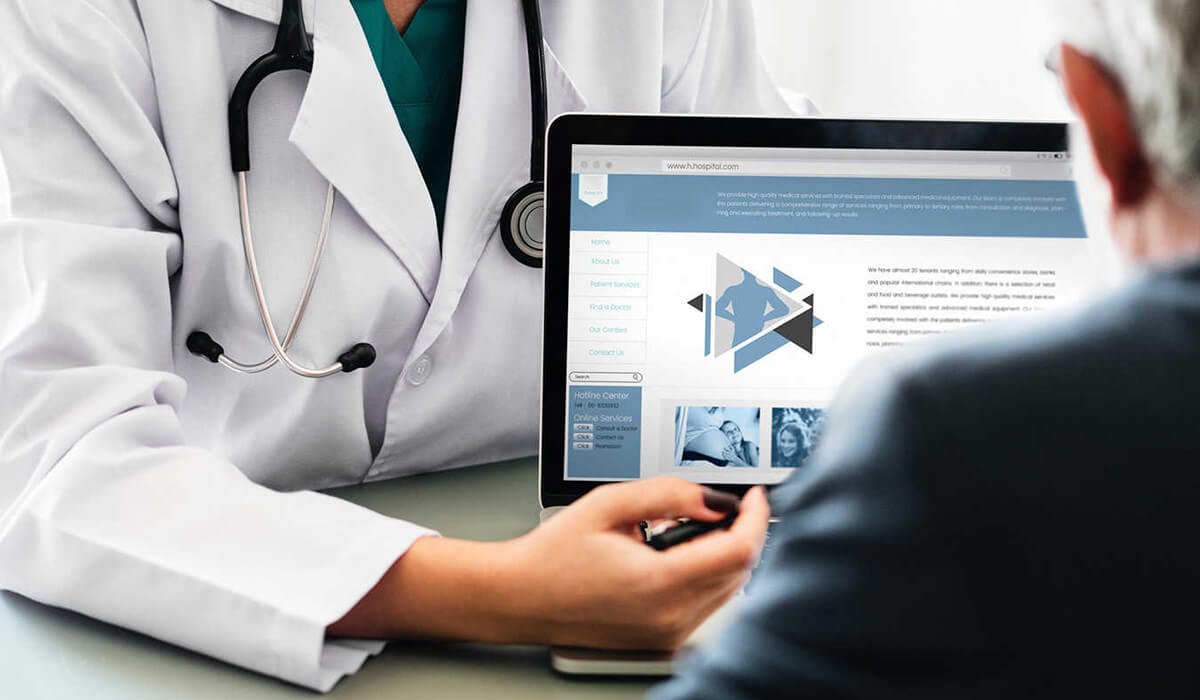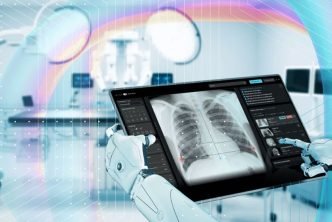A good hospital management system should provide the best patient care. It should be easy to use and manage the hospital’s finances. Hospitals are now using a variety of tools to improve patient care and for business efficiency.
A hospital management system that is well-designed, implemented, and maintained improves operational performance of hospitals as well as their reputation with patients and stakeholders.
A good hospital management system should have the following features:
Table of Contents
1. Patient-centered design
Hospitals are complex institutions that manage the health of large numbers of people. In order to meet the needs of patients and improve the overall quality and safety of care, there is a need to set up a hospital management system that can be managed easily by all stakeholders. This ensures the flow of information between various departments in a transparent manner, with all clinical decisions being made by qualified and experienced medical professionals.
An efficient hospital management system would result in a less stressful environment for both patients and staff. The focus can be on patient outcomes rather than rerouting around clogged systems. In this case, adjusted patient days are needed.
2. Secure and fast access to the right information in seconds
As healthcare professionals, we are always in a hurry. Being in a hurry and trying to do good work is not easy. A good hospital management system is one that maximizes the efficiency of the hospital staff. It should provide easy and fast access to information, prevent errors, minimize the time spent on repeatedly searching for data, and have granular control that is easy to manage.
3. Ability to streamline processes for better efficiency
A good hospital management system can also provide easy access to reports about the effectiveness of care provided at any time. This allows hospitals to constantly evaluate their performance and make necessary changes accordingly.
4. Automated alerts for when there is a change in the patient’s condition
A good HMS has features such as automated alerts for when there is a change in the patient’s condition and rapid response plans for when something goes wrong in the hospital. The features have been integrated into one system that can be accessed from anywhere with internet connection which helps lower costs on travel expenses.
5. Ability to diagnose medical incidents
A good hospital management system should not only be able to diagnose medical incidents, but also provide adequate care for patients. It should have the ability to monitor in real time the vital signs of patients and provide professional healthcare services in time.
With an increase in the size of medical services, hospital management systems are forced to become more efficient such as starting to use SPR analysis and etc.

How can hospital management system be improved?
Hospitals are under increasing pressure to improve their efficiency. One way of achieving this is through hospital management systems, which allow the hospitals to operate in a more organized way.
With these systems, hospitals are able to reduce the cost and improve their decision-making capabilities. Hospitals can also make it easier for patients and staff members with these systems since they are connected with the right information at all times.
What is effective hospital management?
Hospitals have many pitfalls and obstacles, but one way to overcome them is through effective management.
There are four key ways to improve hospital management:
- Make sure every patient has a personal nurse.
- Provide good communication between the doctors and patients.
- Keep up with current medical research and practice trends using data analytics capabilities like machine learning, artificial intelligence, and text analytics.
- Improve the quality of care by adding technology solutions that can help optimize hospital operations such as machine learning powered predictive models, automated order entry software, robot-assisted surgery systems, etc





